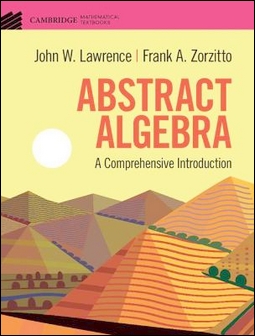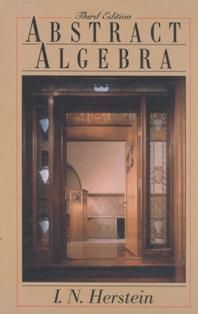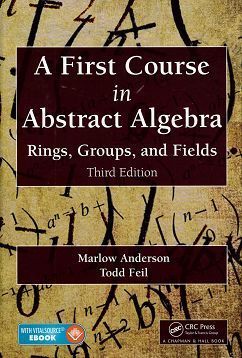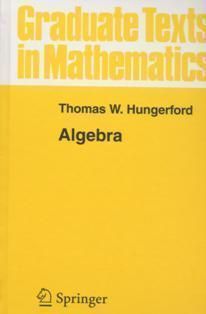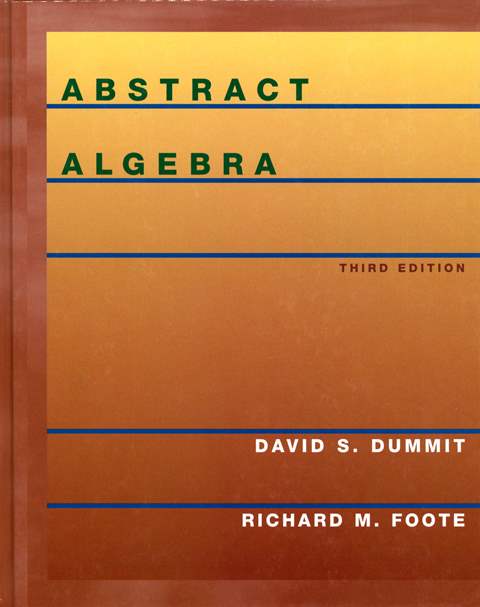書籍分類
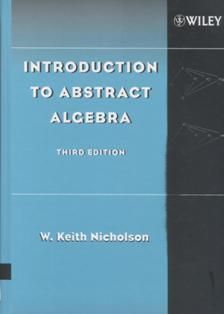
Introduction to Abstract Algebra 3/e
作者:Keith Nicholson
原價:NT$ 1,400
ISBN:9780471694922
版次:3
年份:2007
出版商:John Wiley
版次:3
年份:2007
出版商:John Wiley
內容介紹 本書特色 目錄 作者介紹
- Description
A new edition of a successful book, Introduction to Abstract Algebra, Third Edition, is intended for a one or two semester abstract algebra course. The writing style is appealing to students and a great effort is made to motivate and be very clear about how the topics and applications relate. Over 500 solved examples are included to aid the understanding of the reader and to demonstrate how results in the theory are actually obtained. Many applications (particularly to coding theory and to combinatorics) are given which show how the abstract structures relate to real-world problems. In addition, historical notes and biographies of mathematicians put the subject into perspective.



